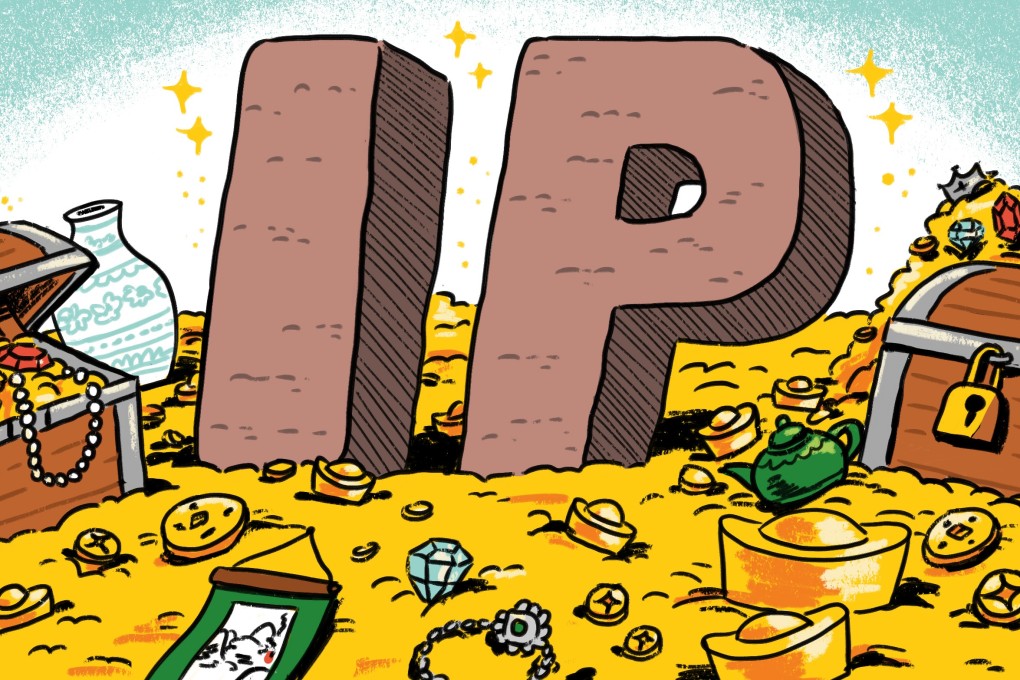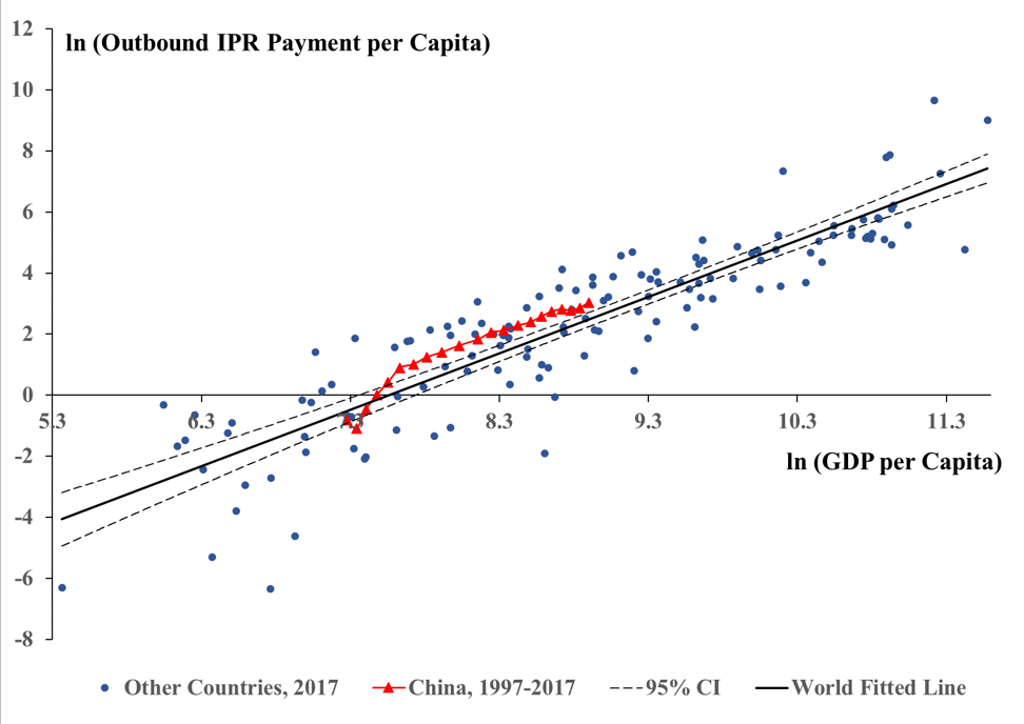Opinion | Donald Trump makes China out to be a terrible intellectual property thief. But is it?
- In every year since China joined the WTO, its intellectual property payments have exceeded the average in countries of a comparable income level
- As the pace of innovation in China increases, it will be in its own interest to strengthen intellectual property protections

In any case, intellectual property protections are weaker in developing countries than in rich ones. The question, then, is whether China’s record on intellectual property is better or worse than what one would expect for its income level.
For systematic data on such questions, we examine countries’ outbound royalty and licence fee payments to foreign patent, copyright and other intellectual property holders, which are included in the balance-of-payments statistics compiled by the International Monetary Fund. This data reveals that a country’s income level and intellectual property payments are tightly linked, with a clear positive linear relationship (when both are measured in logarithm).
As the following graph shows, a 1 per cent increase in per capita income is associated with a 1.85 per cent increase in per capita intellectual property payments, on average. The implication is that as a country grows richer – and as its economy becomes more technologically sophisticated and capital-intensive – its intellectual property protection regime tends to strengthen. (Recall that the United States was accused of violating British intellectual property in the nineteenth century.)

